Complete your selection
Charcoal is an activated vegetable charcoal supplement in vegetarian capsules, for tackling bacteria, toxins, and above all, gas. Sometimes described as a ‘band-aid for the gut’, you can buy this supplement to help eliminate flatulence, belching, aerophagia (excess swallowed air), as well as bad breath related to abnormal fermentation in the gut. These benefits will help improve oro-gastro-intestinal health.
Who is Charcoal for?
Charcoal is primarily aimed at:
- Those suffering from excessive flatulence.
- Those affected by bloating and abdominal distension.
- Those troubled by foul-smelling flatulence.
How is Charcoal produced?
Activated charcoal is charcoal that has undergone an activation process to give it an expanded, porous surface. This is made up of microcrystalline graphite layers with numerous pores, the number and size of which depend on the raw material and quality of activation.
Charcoal is obtained from a resinous wood, and then ‘activated’ to produce a network of ultra-fine pores.
What is in Charcoal
Any questions?
Our team of nutrition experts and scientists has the answers.
Although passing gas through the rectum is a completely normal physiological process, in excess, it can be a major handicap. On an empty stomach, the average volume of gas in the gut is around 200ml, but around 600ml of intestinal gas (with a variation of 475ml-1500ml) is released each day via the anus (1).
On average, people pass gas 10 times a day, though this varies significantly between individuals. There is undoubtedly a correlation between the frequency of flatulence and the volume of intestinal gas (2).
There are two main factors behind the production of intestinal gas:
- Swallowing air. Each time we swallow, 5-10ml of air reaches the stomach. Most of this is 'burped out' but the amount arriving in the intestines is still around 400 ml.
- Bacterial fermentation. The remainder is produced by bacterial fermentation of undigested carbohydrates and glycoproteins. It's estimated that around 20% of the carbohydrates we ingest during a meal are not digested (3), added to which are the indigestible oligosaccharides in pulses. Fructose and sorbitol, found in fruits and processed food also contribute to the production of gas by gut bacteria.
Flatulence may also be related to rare malabsorption conditions, lactose intolerance or the inability to burp out enough swallowed air. Flatus, or intestinal gas, is primarily composed of nitrogen (over 90%), as well as hydrogen, carbon dioxide (CO2), methane, hydrogen sulphide, (responsible for the smell), dimethyl sulphide, and skatoles, which are mostly responsible for the noise (4).
Active charcoal supplements must be taken after meals, and not at the same time as medication.
As soon as symptoms appear, it's appropriate to start a course of charcoal supplementation for a few days. At the same time, you would increase:
- Minimise your consumption of the following flatulence-inducing foods: haricot beans, soya beans, red cabbage, cauliflower, white cabbage, Chinese cabbage, kale, broccoli, aubergines, peppers, onions, shallots, nuts, apples, pears, apricots, plums, peaches, grapes, potatoes, cereals, popcorn (high in starch), and all processed foods containing sorbitol, fructose and artificial sweeteners.
- Eat slowly, in a calm, relaxed manner.
- Drink from a glass rather than a bottle.
- Avoid chewing gum.
- Restrict hot or fizzy drinks.
- Supplement with probiotics (yoghurt, kefir or good quality supplements such as ProbioForte).
- Increase your level of physical activity to accelerate transit of digestive gases.
As soon as your symptoms have gone, gradually return to your normal diet, reintroducing the foods mentioned above bit by bit.
You can also buy at Supersmart other detoxification supplements that may be of interest:
- Champex®, a patented extract of the mushroom Agaricus bisporus for tackling bad breath.
- Colon Cleanse Formula, an enhanced formulation for cleansing the colon.
- Rehab, brings the benefits of a natural detox aid.
Updated: 30/07/2018
Notes
This product should not be used as a substitute for a varied, balanced diet and a healthy lifestyle. It's important to follow the guidelines on how to take it and the recommended dose, and to use it by the 'best before' date. It is not recommended for women who are pregnant or breastfeeding, or for children under 15. Keep out of children's reach. Store in a cool, dry place.
Almost half of all people who complain of excessive flatulence produce no more gas than other individuals, but they retain it for longer (5). Others are affected by increased fermentation.
Around 20% of Western populations suffer from bloating and embarrassing flatulence. For the majority, mostly women, these flatulence problems are accompanied by symptoms such as abdominal tension, an unpleasant sensation of pressure, rumbling, bloating and even pain – felt predominantly around the navel and lower abdomen (6). However, the symptom considered to be the most troublesome remains abdominal distension which can be objectively measured and is therefore not simply an impression. In those affected, there is generally impaired abdominal wall muscle tone: retention of gas produces a paradoxical relaxation of the muscles involved in maintaining tone in the lower abdomen.
These symptoms are normally worse at the end of the day but are relieved by defecation.
Drinking alcohol is not recommended while supplementing with charcoal capsules as it may reduce its ability to absorb gases and toxins (7). Taking oral medication may have the same effect. Activated charcoal should therefore be taken over an hour after ingesting either of these, and after consulting a health professional.
This product’s capsules are composed of HPMC (hydroxypropyl methylcellulose), a plant substance derived from cellulose. HPMC is widely used for medicines and dietary supplements. It contains no animal ingredients, is recognised as safe by health authorities and is considered more sustainable than synthetic alternatives.
july 6 2025
Not taking full 9 pill dosage so that could account for ,3 star rating on efficiency.
Misunderstanding here. I am pleased with all the products. The only oartial satsfaction was the Charcoal and that was my fault as taking 9 pills per day was a little too much to contemplate.
However am now trying with 9
Thanks for your consideration
Regards
Elisabeth Lejeune
october 9 2024
A Natural remedy for intestinal noise.
december 21 2025
Funcionan para mis digestiones
november 10 2025
Buen aliado de mis intestinos
Good ally of my intestines
 see the translation
Translated by SuperSmart - see the original
see the translation
Translated by SuperSmart - see the original
june 1 2025
Je ne peux pas dire j ai jamais reçu mon produit
I can't say I never received my product
 see the translation
Translated by SuperSmart - see the original
see the translation
Translated by SuperSmart - see the original
Need help?
You may also like

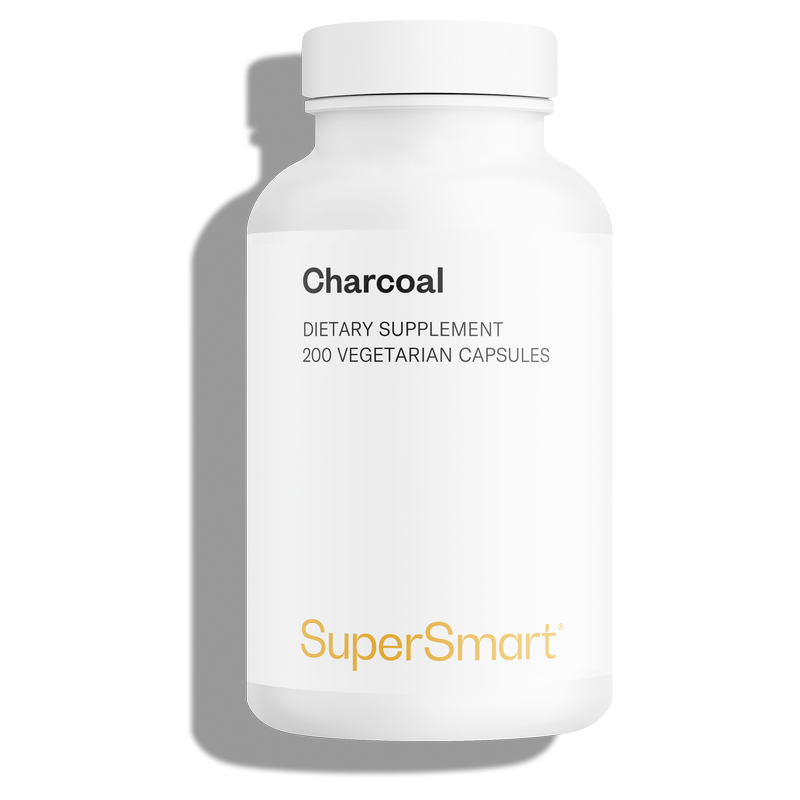
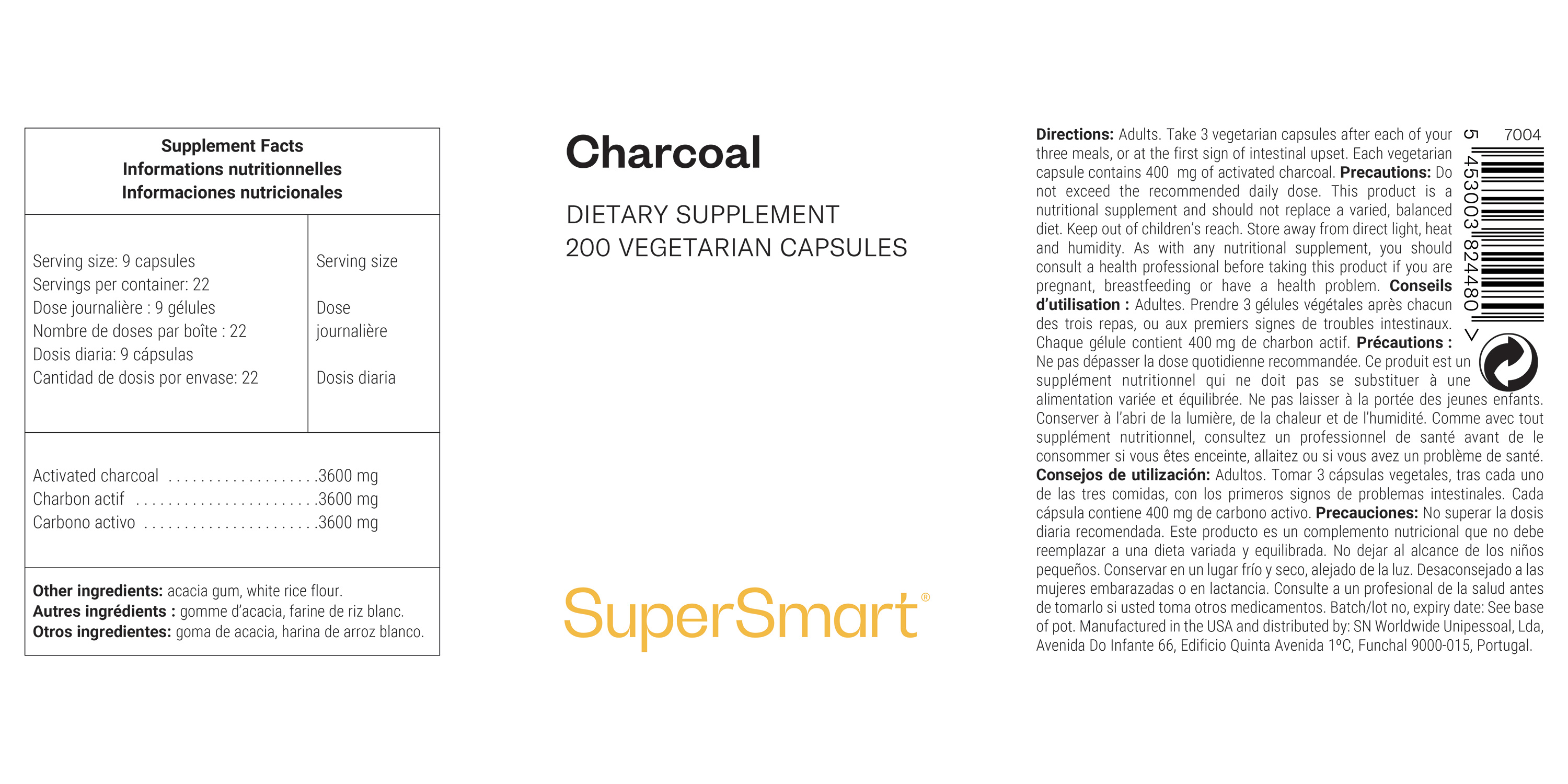
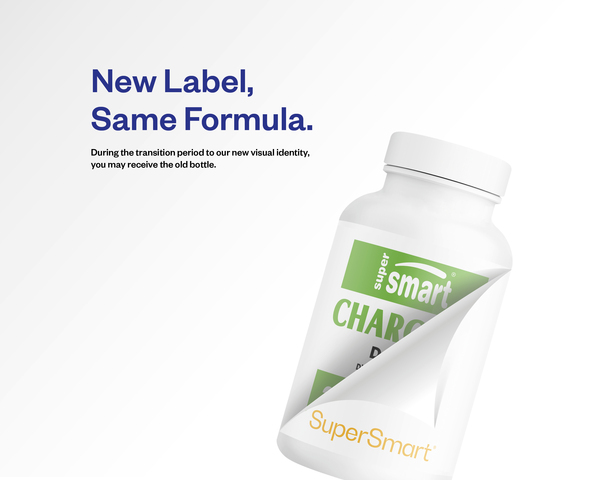
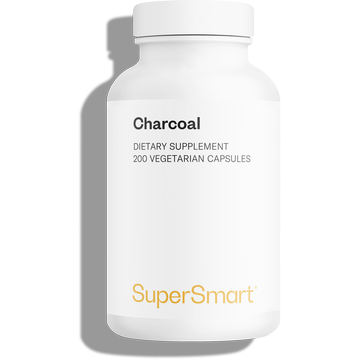
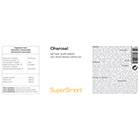



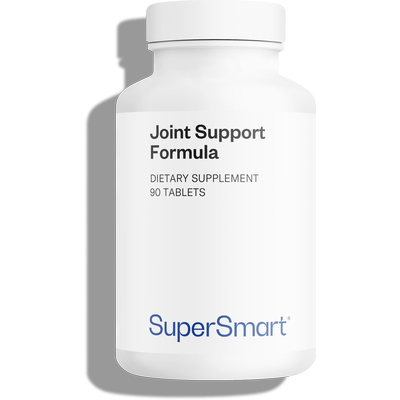

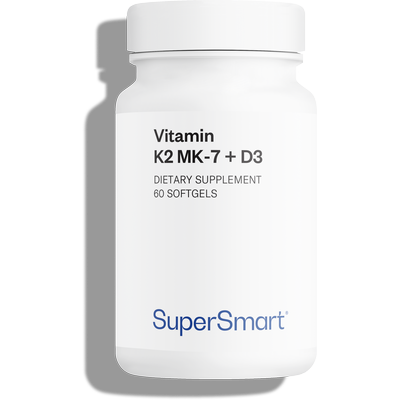
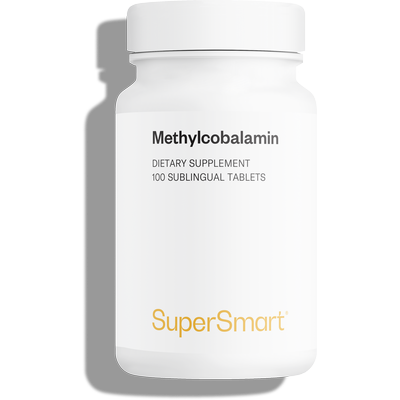
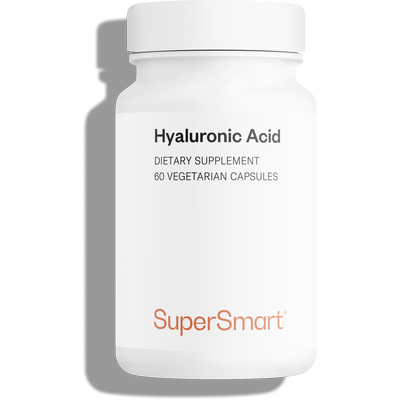

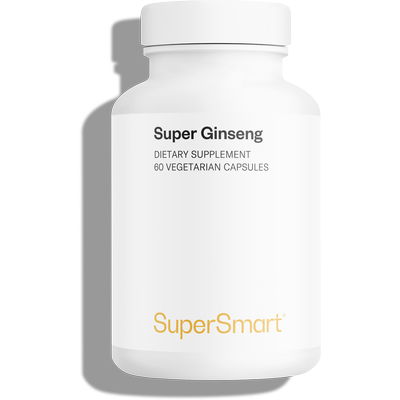
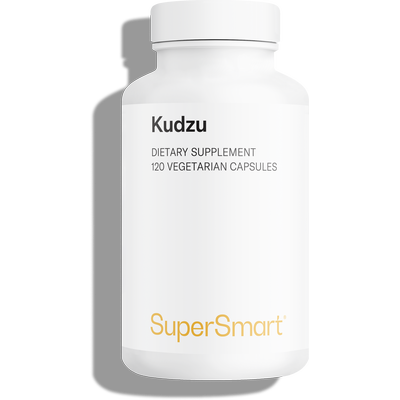
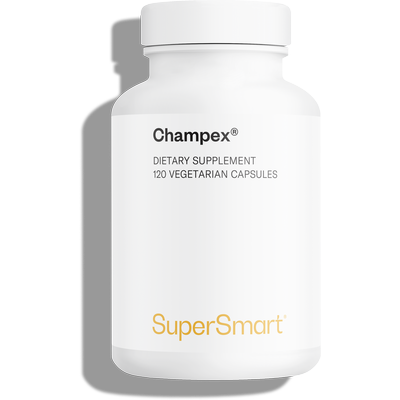
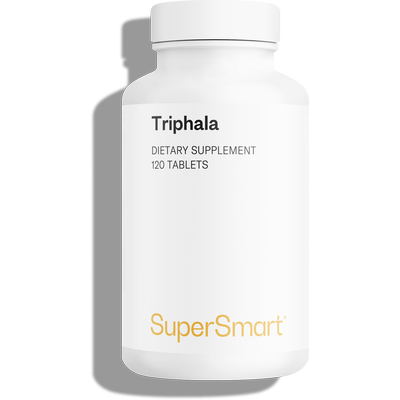
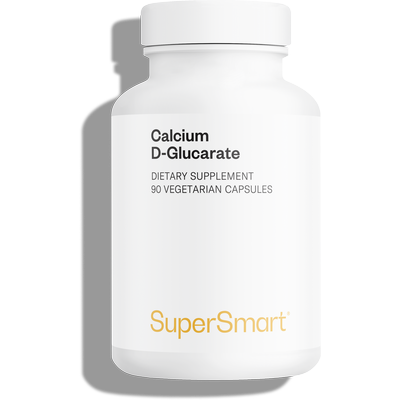
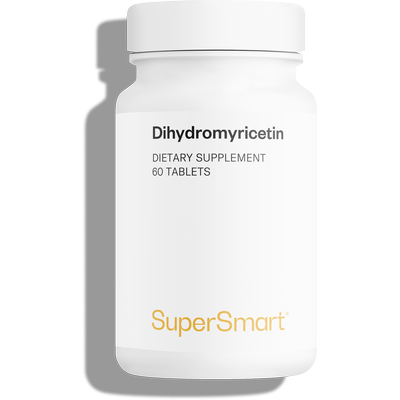

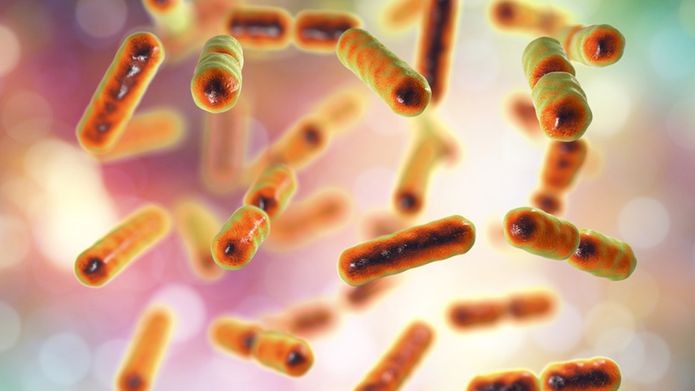

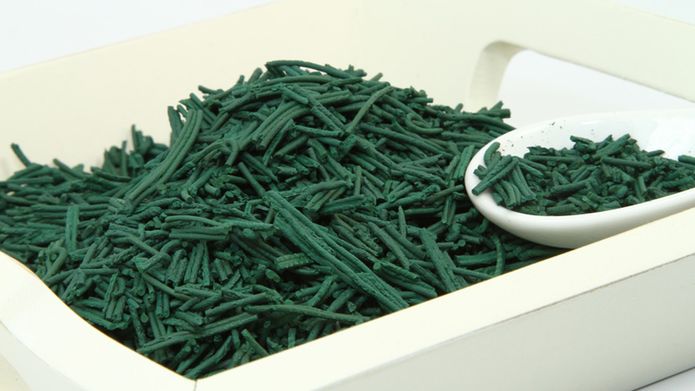
Hello Elisabeth,
Thank you for your feedback. We're sorry your experience was only partially satisfying.
Could you tell us more so we can improve?
Best regards,
The Supersmart Team